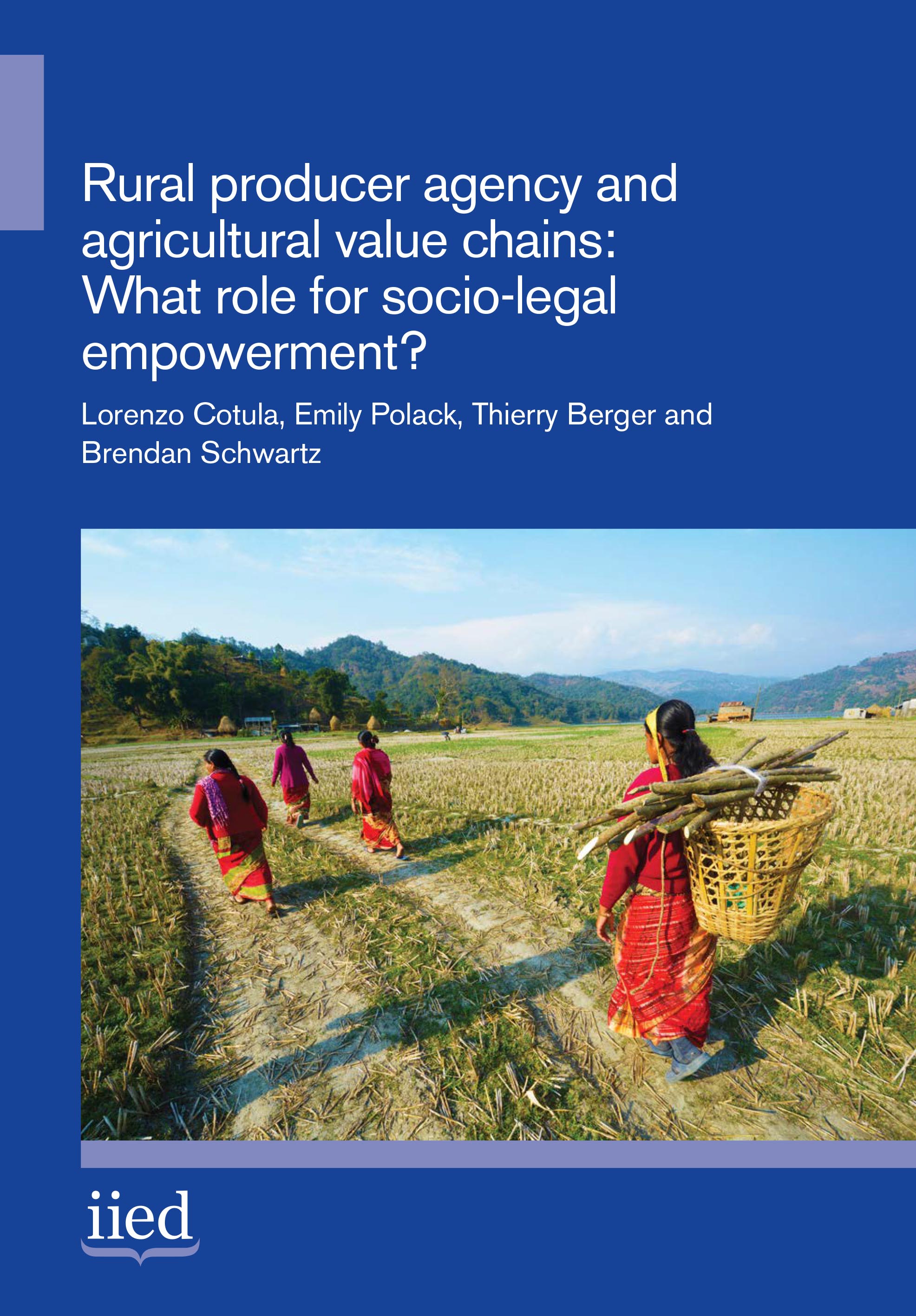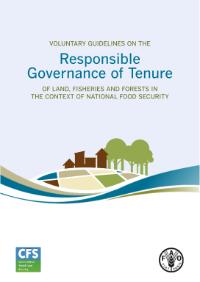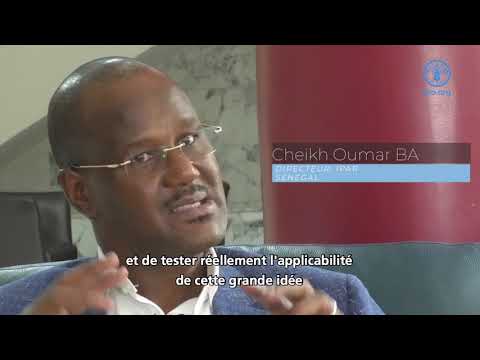Soil carbon dioxide and methane fluxes from forests and other land use types in an African tropical montane region
In the last 40 years, large areas of the Mau forest, the largest contiguous tropical montane forest in East Africa, have been cleared for agriculture. To date, there are no empirical data on how this land use change affects carbon dioxide (CO2) fluxes from soil respiration and soil methane (CH4) fluxes. This study reports measured annual soil CO2 and CH4 fluxes from the native Mau forest and previously forested lands converted to smallholder grazing land, smallholder and commercial tea plantations and eucalyptus plan- tations.










